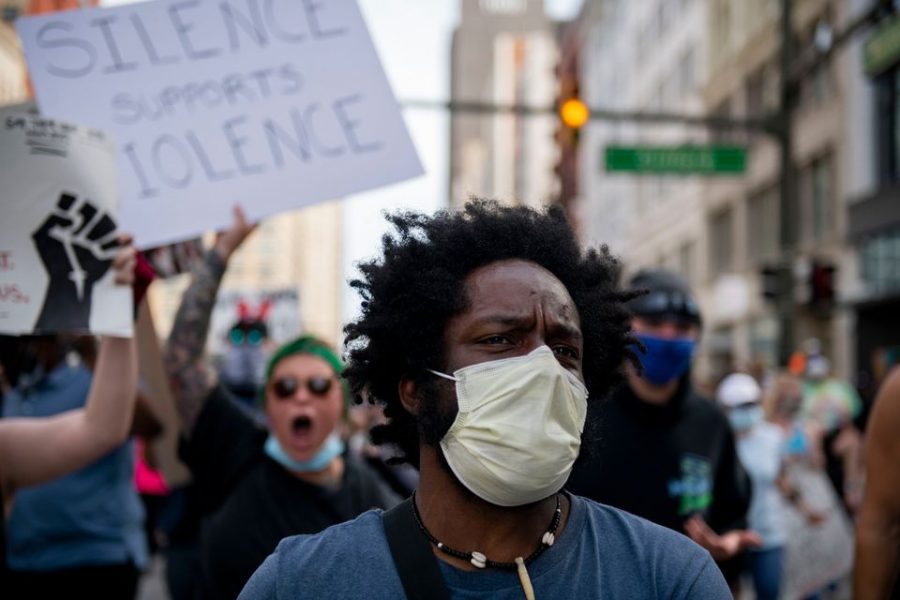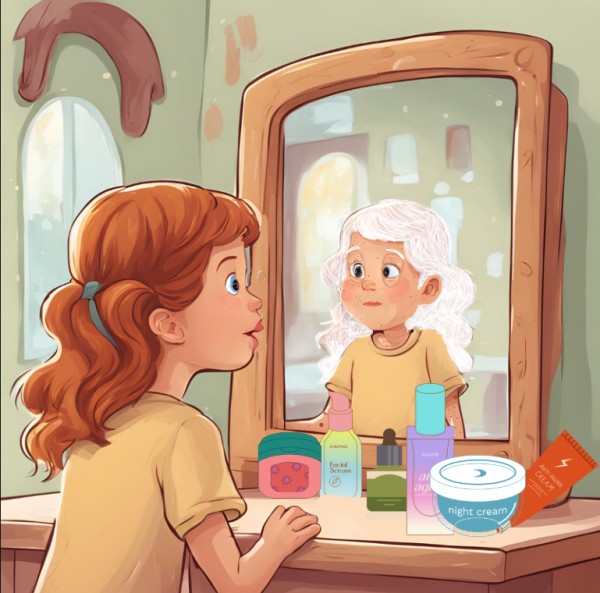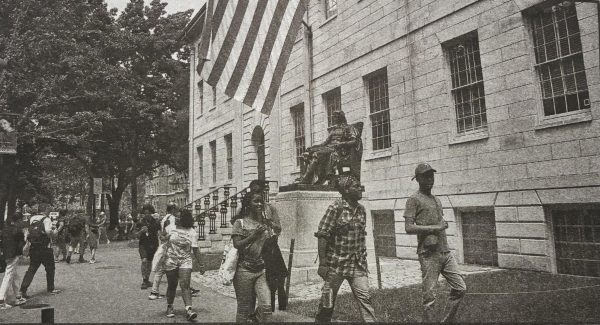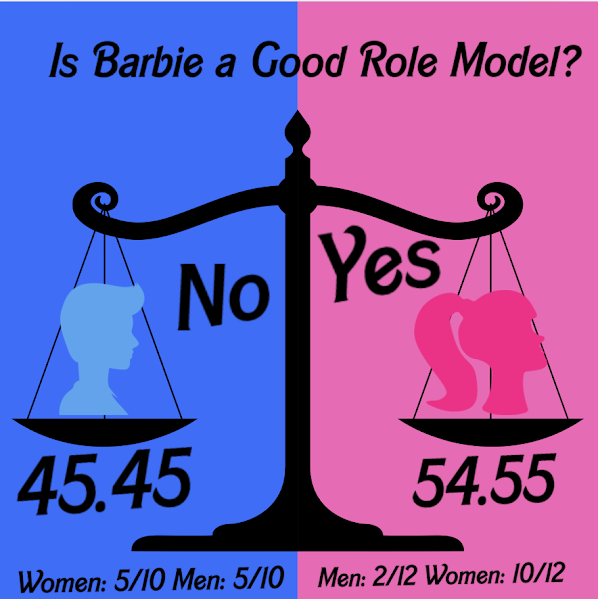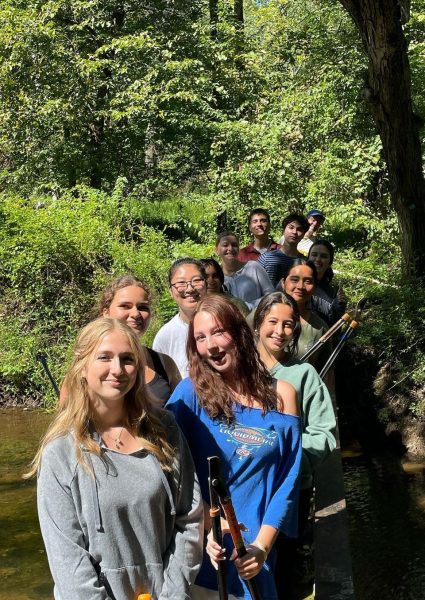Why Kids Don’t Trust The Police
Tristan Taylor, one of the lead organizers of Detroits anti-police brutality protests marches the day after being arrested for marching past the 8 pm curfew Wednesday June 3, 2020. Taylor and his niece and co-organizer Nakia-Renne Wallace led a 6-mile march through Detroit.
It is understandable why younger kids could be scared of strangers in uniform, but when that sentiment is carried into adolescence and younger adult years, the question of why comes into play.
An article titled Children Who Fear Police & Other People in Uniform published on a website called KeepYourChildSafe.org reveals a possible reason younger children could be untrusting of men and women in blue:
“People in uniform represent an unknown authority figure to kids; someone who commands and potentially punishes others. Police uniforms themselves are often designed to be intimidating,” the article reads. “Even the noise that a uniform makes when a person walks or its various tools and accessories (particularly a gun) can frighten some kids.”
But those scary childhood thoughts aren’t enough to keep young adults fearful when an officer is present, so what really causes it?
Alex Castellanos, a 17 year old Hispanic boy from Hillsdale, New Jersey has strong opinions about police enforcement,
“I think it’s a system that has values which are corrupted and bastardized by bad people which affects the entire system,” said Castellanos.
From that idea comes the term ACAB, or All Cops Are Bastards, a now-popular term.
“ACAB is mistaken to mean all cops are bad,” said Kori Engle, age 18, of Washington, NJ. “It’s saying all cops are bastards because the entire police force is a bastardized system. Power is abused and cops will tend to protect their own, rather than trying to protect and help the people.”
The acronym gained national attention with the resurgence of the Black Lives Matter (BLM) movement following the killing of George Floyd in late May. Floyd was a 46 year old black man who was pronounced dead after police officer Derek Chauvin knelt on his neck for several minutes following a purchase Floyd made using an alleged counterfeit bill. The outrage against police brutality and a demand for police accountability transformed the term from an acronym you might’ve seen in graffiti to one you hear in the news.
“ACAB is a term that states that any police officer by default is going against the good intentions we’re taught the police system is founded on,” Castellanos said.
Others believe that the notion of ACAB is tarnishing BLM’s momentum created in the wake of Floyd’s killing.
“I think [ACAB] is really extremist and does not reflect the values of the Black Lives Matter movement,” said Aidan McHenry, age 18, a Washington resident and 2020 Warren Hills graduate.
McHenry, who is mixed race, does, however, agree with the basic principle of ACAB.
“I see the police as a threat to my safety, not as a protector as they’re meant to be,” he said. “Although I am fortunate enough to have not had any serious run-ins, I notice every time that hand goes to the gun, when I know for certain the same wouldn’t happen if I was not a minority.”
One of BLM’s most controversial demands is for the government to defund large police departments and have the money redirected to community organizations that could then lower crime rates or deescalate criminal activity safely.
Castellanos agrees with the notion of defunding police departments in favor of social service programs.
“As someone who’s first hand been through mental health institutions, social workers are grossly underpaid, and the quality of their services, that I’ve experienced, are just pathetic, yet the private services are far too expensive for any person to afford,” he said. “I say fund mental health before you fund the police.”
Engle stands by defunding the police as well,
“Defunding the police and relocating the money to community organizations that would reduce crimes seems to me like common sense,” she said. “They end up handling situations that would be best taken care of by other groups of people, like social workers.”
There are also obvious reasons why abolishing the police entirely isn’t an option because they exist for a reason.
“I think authority is needed everywhere, it creates balance,” said McHenry, “ but too much is toxic.”
With such a heavy focus on the police departments, Castellanos pointed out that the justice system is also in need of reform.
“It’s very easy to bypass with enough coin for good lawyers, bribes and bails,” Castellanos said, “Money has too much influence on something as crucial as justice.”
McHenry agreed.
“The Justice system needs a whole new rebranding and to be built back from the ground up,” he said.
Overall, it’s important to remember that the everyday injustices we see in real life and news affect young people in numerous ways.
“I think authority can play a positive part of a child’s life,” Engle said, “but some authority figures abuse their power in a way that negatively impacts a child.”

